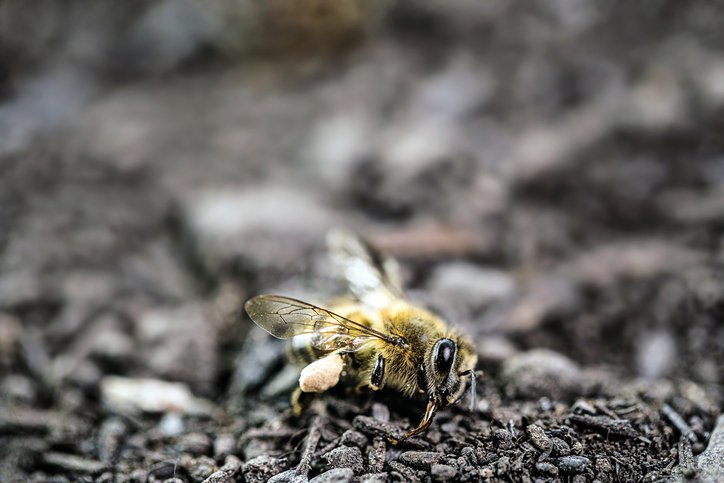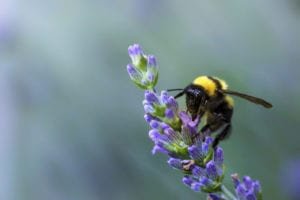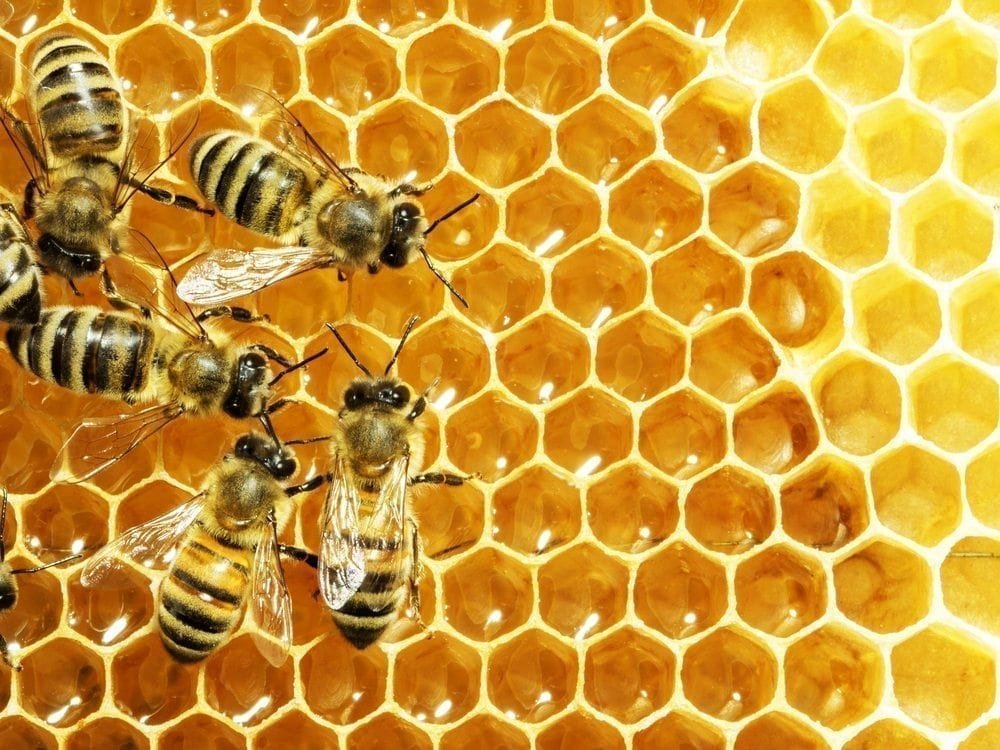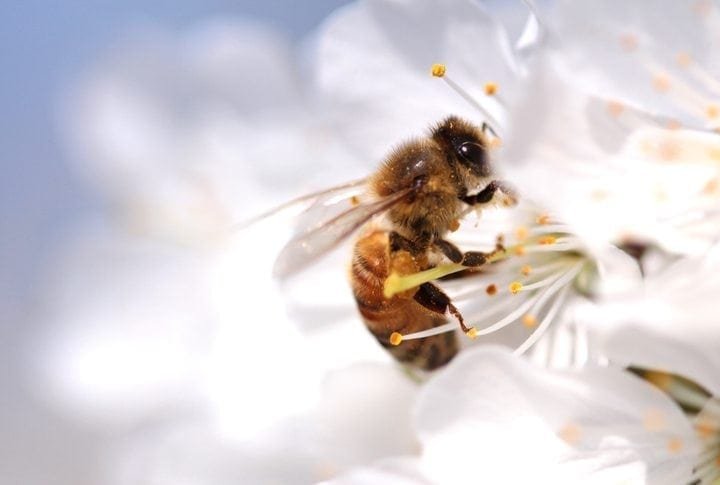EU countries and the UK are exporting thousands of tonnes of banned, bee-killing pesticides to low- and middle-income countries, an investigation by Unearthed and Public Eye has revealed.
Between September and December 2020, EU countries issued notices of plans to export more than 3,800 tonnes of neonicotinoid pesticides which are banned for outdoor use in the EU because of the environmental harm they cause.
Exporting ‘a worldwide threat’
The IUCN has described these pesticides as ‘a worldwide threat to biodiversity, ecosystems and ecosystem services’.
The European Commission itself considers this threat so serious it plans to ban the import of foods containing any detectable trace of the neonicotinoids thiamethoxam or clothianidin, stating ‘we would not find it acceptable that the production of food for import into the EU leads to or poses a threat of serious adverse effects on pollinator populations at global level’.
Meanwhile, the EU continues to permit the production of these ‘neonics’ for export and use elsewhere.
The revelations raise the spectre of the EU banning the import of products from the global south on the grounds they are coated with pesticides exported from the EU itself.
The countries exporting neonicotinoids
More than 90% of the exports by weight were to low- or middle-income countries. 65 countries were notified of banned neonicotinoid shipments from the EU.
The top destinations by weight of active ingredient included Brazil, Russia, Ukraine, Argentina, Iran, South Africa, Indonesia, Ghana and Mali.
Eight EU countries exported banned neonicotinoid pesticides: Belgium, France, Germany, Spain, Greece, Austria, Denmark and Hungary, as well as the UK.
The EU banned the outdoor use of the neonics thiamethoxam, imidacloprid or clothianidin in 2018, in what was described by UN agencies as evidence of a growing consensus on the ‘need to severely restrict their use’ due to the ‘high hazard they pose to the environment’.
‘This is the highest form of double standards exhibited by these EU countries. They are prioritising profits at the expense of the people and the planet. It is time for low- and middle-income countries to pass laws that protect their people and environment from these toxic chemical imports.’
CLAIRE NASIKE
Greenpeace Africa
 Play Video about This Rock Might Just Save The World
Play Video about This Rock Might Just Save The World Play Video about Play 2 hours of rock
Play Video about Play 2 hours of rock Play Video about Play 2 hours of brook
Play Video about Play 2 hours of brook Play Video about Play 2 hours of sheep
Play Video about Play 2 hours of sheep















































